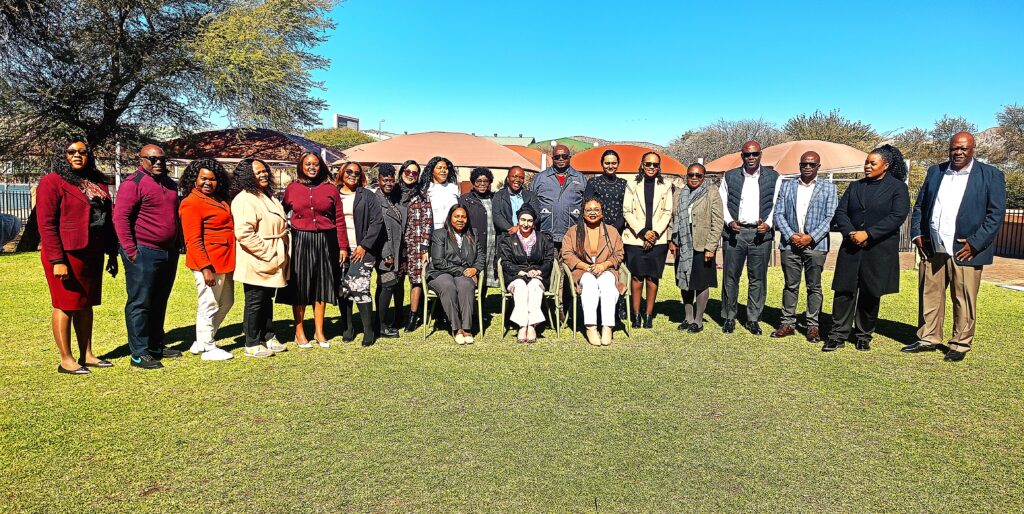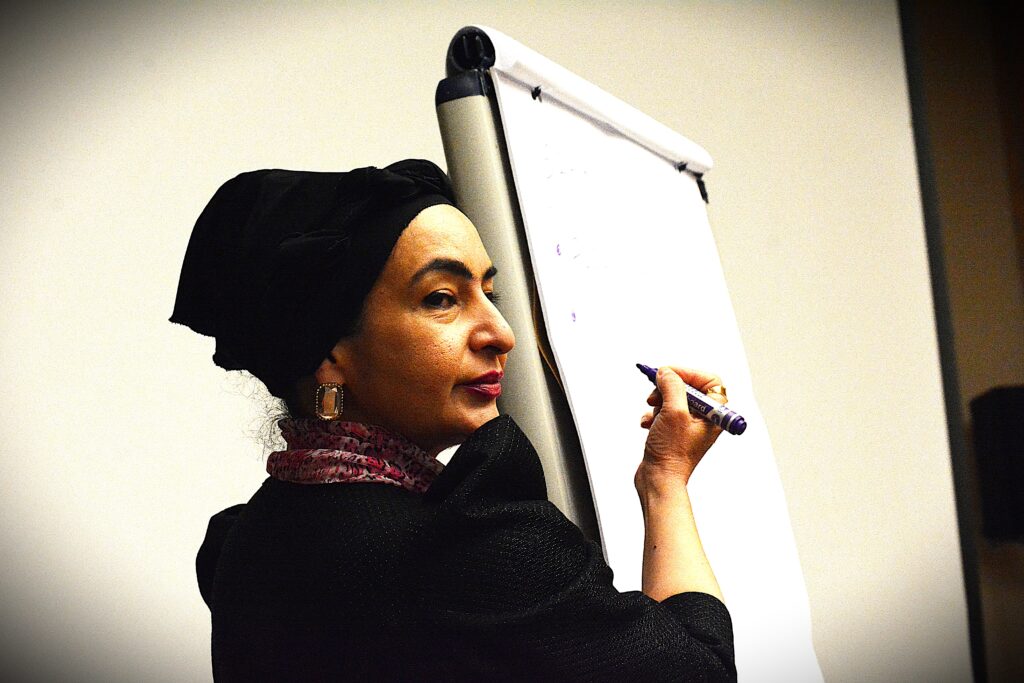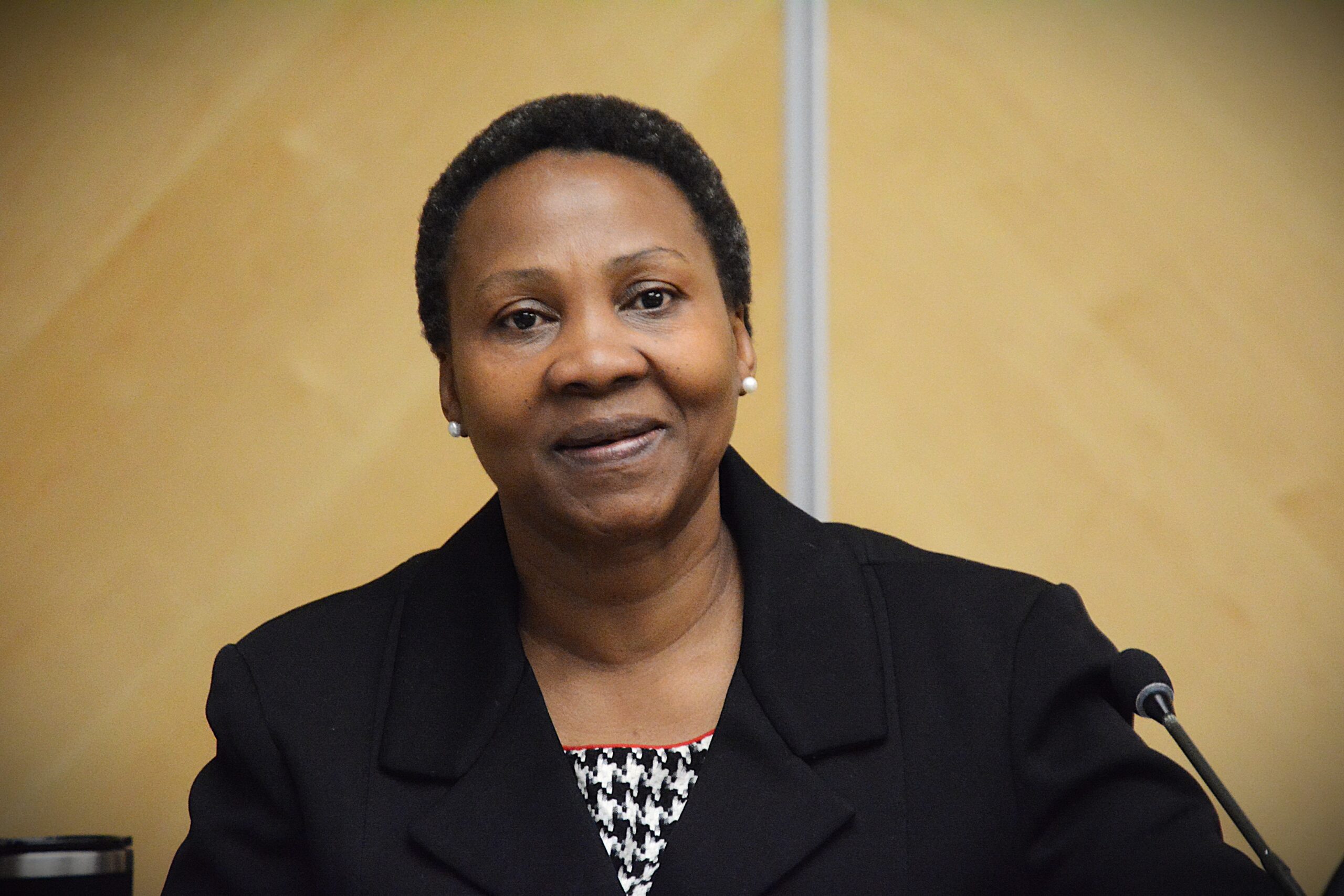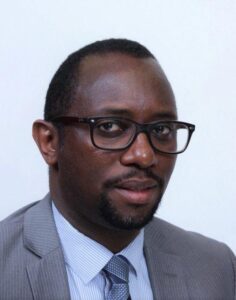By Moses Magadza
WINDHOEK, Namibia – The Southern African Development Community (SADC) continues to grapple with the impact of unsafe abortions, particularly among adolescent girls and young women (AGYW), despite progress in advancing sexual and reproductive health and rights (SRHR).
Regional advocates are now rallying for the adoption of a SADC Model Law on Safe Abortion. They argue that harmonised, rights-based legal frameworks are urgently needed to stem preventable deaths, improve health outcomes, and protect bodily autonomy.
While maternal mortality has declined across several SADC Member States thanks to expanded access to maternal health services and family planning, unsafe abortion remains a persistent and deadly reality.
The Guttmacher Institute reckons that an estimated 6.2 million unsafe abortions occur in sub-Saharan Africa annually, accounting for 77% of all abortions in the region. These procedures often result in severe complications, including infection, haemorrhage, and even death, with AGYW bearing the brunt.
Ms Boemo Sekgoma is the Secretary General of the SADC Parliamentary Forum which brings together 15 national parliaments and approximately 3500 Members of Parliament in the SADC region. She says statistics around unsafe abortions are “staggering,” and the lives of countless women and girls are in jeopardy.

A position paper produced ahead of the envisaged Model Law identifies a complex web of structural and social factors driving the crisis. Legal restrictions, gender inequality, stigma, poverty, and the unmet need for contraception combine to deny AGYW the ability to make informed choices about their reproductive health. One in three unintended pregnancies in the region ends in abortion, often conducted under unsafe conditions due to restrictive laws.
Critically, patriarchal norms and harmful gender practices continue to deny young women agency over their bodies. The paper notes that girls as young as 15 are forced into silence by families, communities, and even institutions.
The proposed SADC Model Law on Safe Abortion is envisioned as a game-changing policy tool that draws from the region’s successful history of using model laws to advance SRHR such as those on gender-based violence and child marriage.
The advocates say the Model Law will, inter alia, harmonise abortion laws and reduce maternal mortality in line with SADC SRHR Strategy (2019–2030) and SDG 3 targets; stimulate Member States to guarantee universal health coverage through investment in safe abortion and post-abortion care; dismantle legal and policy barriers that force AGYW into unsafe procedures; promote equitable access to comprehensive abortion care, free from stigma and delay; and serve as a policy and advocacy tool for AGYW, media, civil society, and development partners.
Importantly, the Model Law is grounded in intersectionality, recognising how factors such as poverty, rural residence, low education, and exposure to gender-based violence heighten AGYW’s vulnerability to early unintended pregnancy (EUP) and unsafe abortion.
Advocates point to data showing that adolescents aged 15–19 in the SADC region have some of the highest unmet needs for contraception, with access rates ranging from just 10.2% to 24.1%. Further, studies show that exposure to sexual violence significantly increases the risk of EUP and unsafe abortion among young women. In conflict zones like eastern Democratic Republic of Congo (DRC) and Sudan, sexual violence has led to spikes in unwanted pregnancies, often with no access to safe abortion services.
The position paper calls for urgent investment in health infrastructure, training, and legal reform to ensure survivors and vulnerable girls receive the care they need.

As things stand, there is no unified legal framework on abortion in the SADC region. Laws vary widely between countries, ranging from liberal to highly restrictive, and many are out of step with regional and international human rights commitments.
This fragmented approach not only impedes progress on SRHR but also contradicts the aspirations of the SADC Vision 2050 and RISDP (2020–2030), which emphasise social and human capital development.
The proposed Model Law, currently in the advocacy phase, is being championed by a growing coalition of civil society actors, researchers, and regional policymakers. If adopted, it could provide the legislative blueprint for countries to reform national laws and safeguard the health and dignity of all who seek abortion services.
Against this backdrop, the SADC PF this week convened a capacity-building workshop on Monday and Tuesday in Windhoek, to strengthen knowledge among legal drafters and SRHR (Sexual and Reproductive Health and Rights) researchers on safe abortion and the development of enabling laws across the region.
The workshop, held under the banner of the Sweden-funded SADC PF SRHR, HIV and AIDS Governance Project, brought together participants from several Member States including researchers and legal drafters to deepen their understanding of the complex, and often controversial, issue of termination of pregnancy.
In a message to participants at the close of the session, Ms. Sekgoma expressed appreciation for the candid engagement and wealth of ideas shared throughout the workshop.
“I think it is a shared opinion that we leave here with a comprehensive knowledge and understanding of the topic of safe abortion,” the SG noted.
She added, “We now understand the importance of the SADC Model Law on Safe Abortion and the positive impact it may have to align laws across the SADC region.”
Acknowledging the sensitive and often polarising nature of abortion debates in the region given the intersection of law, religion, and traditional beliefs, Ms. Sekgoma reiterated the Forum’s commitment to a rule-based, human rights-driven approach.
“We are all united when it comes to acceptance of the international human rights framework that underpins the physical integrity of the human being and the right to informed consent of the woman,” she said.
She further highlighted that the issue of Early and Unintended Pregnancies (EUP) and safe abortion remains one of the most under-legislated areas within SRHR due to sociocultural resistance.
More from Africa News 24
History made as Indian Prime Minister Modi addresses Namibia Parliament
“It is inter alia because of this controversial aspect that laws are defective and insufficient to provide adequate and sufficient protection to women,” she said.
The envisaged SADC Model Law, currently under consultation, is expected to provide guidance to Member States in navigating legal gaps while respecting national contexts and sovereignty.
“I am certain that you will go home carrying a luggage full of insights and policy recommendations to reshape and recast the abortion laws of your country,” Ms. Sekgoma said.
Ms Rouzeh Eghtessadi, the Executive Director of SAfAIDS Regional and Ms Charmaine Picardo, SAfAIDS Programme Officer, facilitated the workshop under a memorandum of understanding with the SADC PF.
-Moses Magadza is the Media and Communications Manager at the SADC Parliamentary Forum.












